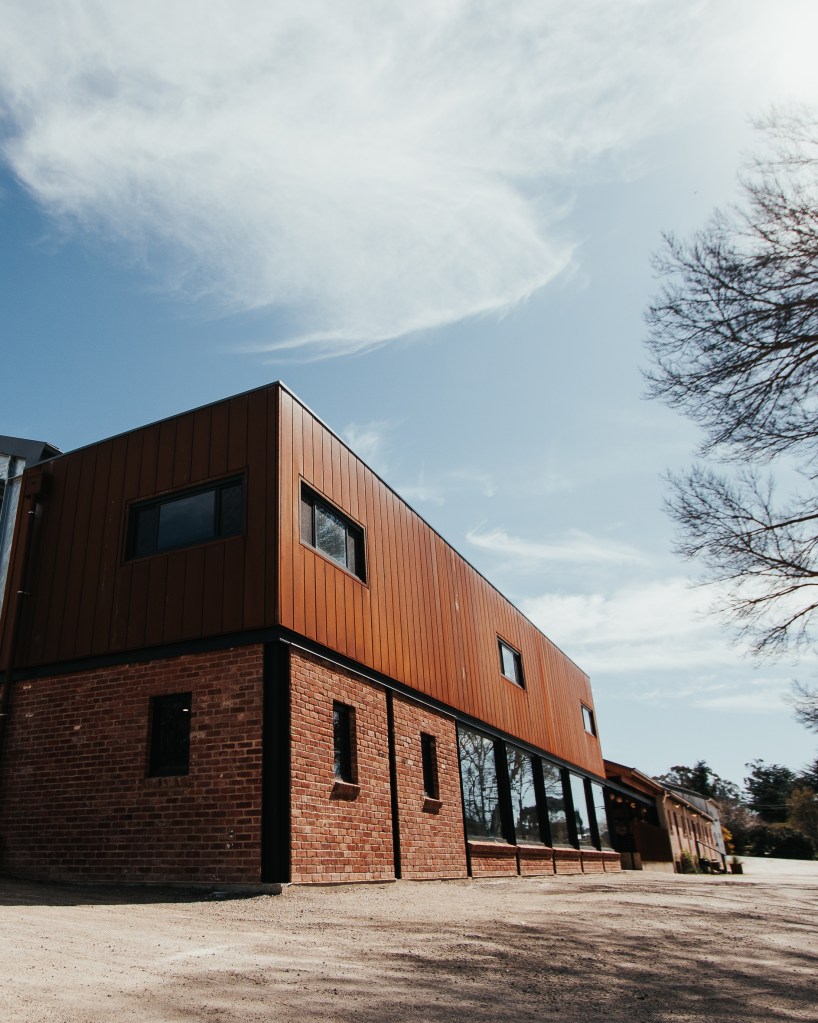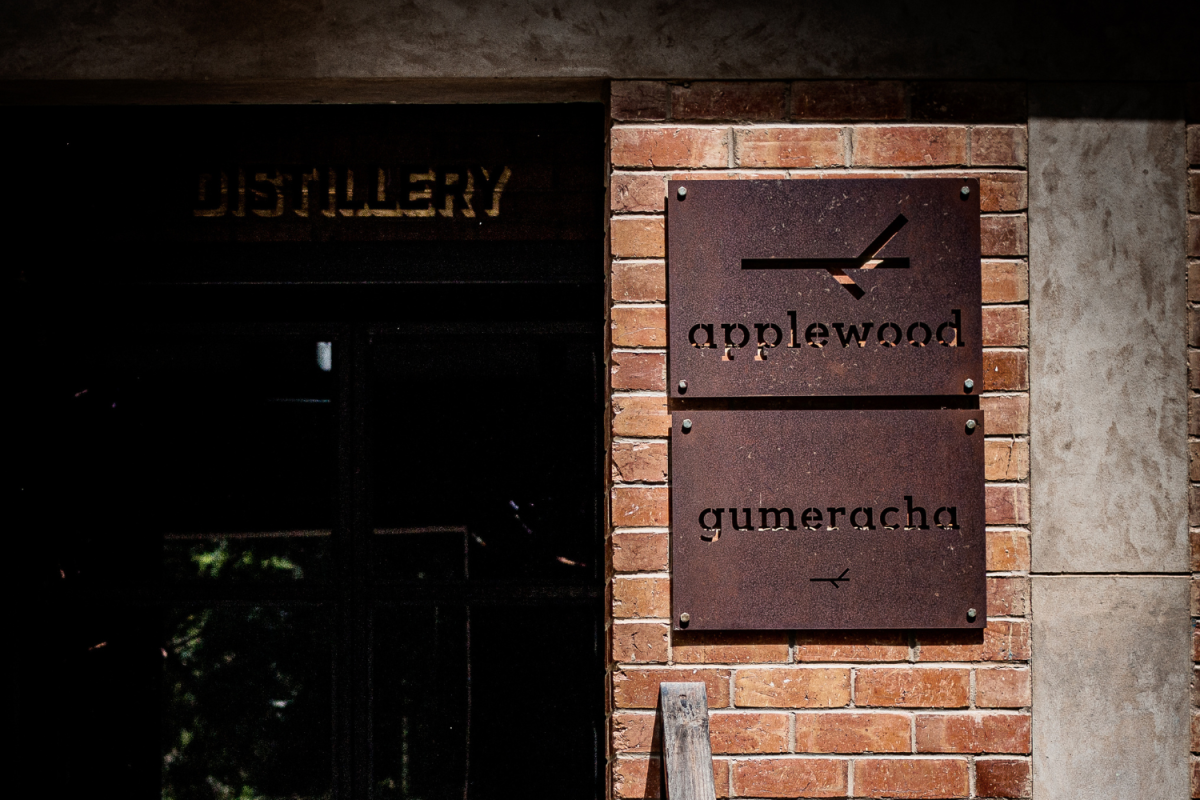Brendan Carter, Co-founder of Applewood Distillery, has stated that the recent Tour Down Under cycle race has led to an incurred cost of $10,000, and much more in loss of income.
The Tour Down Under is a cycle race and festival held annually in South Australia since 1999. Stage three of the tour passed through Applewood’s hometown of Gumeracha on Friday 20 January.
The tour necessitates the closure of roads to allow for the cyclists to pass through safely, but in this year’s event an apparent breakdown in communication has led to local businesses losing out.
In an Instagram post, Carter wrote that it was the first time the distillery had had this experience in “years of this event running” and took aim at the Adelaide Hills Council, tour operators and elected representatives.
The Shout followed up with the distiller to get a complete picture of where the problems arose.
Breakdown in communication
“We were informed at every point that we have the ability to work, and we’d be able to get around certain roadblocks and at certain times. What we didn’t anticipate was that those times would be vastly inaccurate, and the places where they would be placing the roadblocks as noted on their website would also be inaccurate.
“It’s being told one thing, and the reality being strictly another, that’s really detrimental,” Carter says.
According to Carter, roadblocks meant that distillery staff were unable to get to work, meaning the distillery could not open or operate.
“The key issue here, is that usually they would do a rolling closure, so that the roads would simply be closed when the pack [of bikes] moved through, so you might have a half-hour delay, that’s not the end of the world. But these were strict six-hour closures, and there was no way around them.”
Carter holds the Adelaide Hills Council as responsible, as they would have to authorise road closures in the area, and would be aware of local businesses.
“Ultimately, none of our 20 or so staff could actually get access to the building, even if they left at 5:30 in the morning – even though the roadblocks are listed at 7am.”
According to the road-closures map available on the Tour Down Under website, the roads around Gumeracha were due to be closed from between 7AM and 8:15AM until 12:45PM and 13:15PM. The main road into the town is also listed as a 25km speed restriction (therefore, not a hard closure).
These listed closures are in apparent contrast to the actual experience of Carter, Applewood, and other businesses in the area.

Counting the cost
As Carter outlines, distilleries cannot simply be switched on and off.
“We’re a manufacturing distillery – we’re a bottling line, we’ve ordered in componentry, we’ve ordered in ingredients (many of them raw), ready to go for distillation for clients and for our own things.
“We had our [distillery] at full tilt operation in preparation for Friday, when the closures were taking place, believing that what was on the website was true. So we had basically a whole production facility that was set up to go all guns blazing, and it simply couldn’t.”
Carter took the opportunity to stress that he was not opposed to the tour per se, but rather to its operation in this instance.
“I do actually want the events, personally. I’d be a fool and closed minded to think that this doesn’t have the potential to create amazing outcomes for us.
“What’s one of the most frustrating things is that we are, within the tour, one of the biggest proponents of the Tour Down Under. We really want it in our town. We just need to be open to run a business.
“We’re not asking for preferential treatment, but we’re certainly not asking to be shut down.”
However, Carter noted that any economic benefit to Gumeracha was restrained by the limited access.
“Even the people from the Tour Down Under, the families, the friends, the supporters, couldn’t get through.”
Carter did tell The Shout that the South Australian Premier, the Tourism Minister and the Executive Director of the Tour had all reached personally and had acknowledged that there had been some mistakes.
South Australian Tourism Commission response
The Shout contacted local government and organisers of the tour, with a spokesperson for the South Australian Tourism Commission responding.
“Staging the 2023 Santos Tour Down Under does require road closures for rider and community safety and, as always, we work closely with South Australia Police, South Australian Ambulance Service, Metropolitan Fire Service, Country Fire Service and the relevant councils to manage these and minimise the impacts on local communities,” a spokesperson said.
“All road closures were removed in line with scheduled times, with most coming out 15-45 minutes earlier than advertised.
“Significant work, including community consultation, went into the planning and delivery of the Challenge Tour, which was run largely under full road closures for the first time in 2023.
“Public notification of the proposed changes to traffic conditions began in November, followed by in person and online consultation with local communities in November and December.
“These sessions had a particular focus on Lobethal, Gumeracha and Williamstown as the towns most impacted. Feedback from the local community and stakeholders was incorporated into the final plans, which were confirmed in December.
“Direct emails to major business groups and networks were sent in November by Bicycle Network (the Challenge Tour operator), with contacts provided by the Adelaide Hills Council. Council also did their own notification process as well.
“The road closures were published in the Public Notices section of The Advertiser on Thursday 5th and Friday 6th January, and there has been signage on key roads over past weeks, as well as community information/letter drops in December to all residents who were expected to be impacted by road closures.
“It is worth noting that in 2020 the event saw 44,800 people travel to South Australia, injecting $66.4 million into the South Australian economy,” the spokesperson concluded.
Carter was sceptical of the spokesperson’s claims, as he told The Shout.
“We were not notified of consultations, of any proposed date of consultations, or reached out to in any meaningful manner. Evidence of this is in the countless local businesses that openly agree they didn’t hear anything. On the day of the event, and after much questioning, I was notified that a hired third party was responsible for this outreach, which simply didn’t happen to the extent it needed to, evidently.
“We have a very close-knit town, as you can imagine and even our most senior leaders were entirely unaware of these meetings. They’re usually all over them.”
As roads being reopened ahead of time, Carter explains that this was not the problem at hand.
“What about being set up in line with scheduled times? That’s the beef here. Being removed early is irrelevant when people couldn’t actually turn up to work because the road closures were made two hours before the advertised time. The point for businesses is to be open for the crowds, not after they’ve left.”
As for next year’s tour, Carter hopes for greater local business representation in the planning process.
“I would expect that there will be an organisational committee for the next year to determine road closures and to determine what events are happening in rural towns, and I would expect there to be a local business advocate of sorts.”
“I would expect there to be more proactivity from the Adelaide Hills council to ensure that we aren’t penalised for somebody else’s international event coming to our town.”

